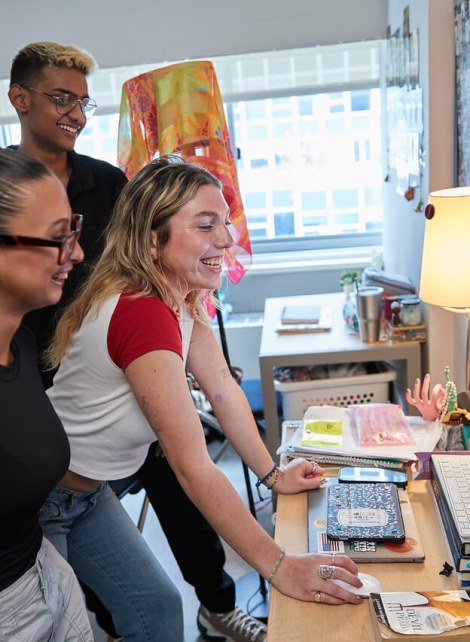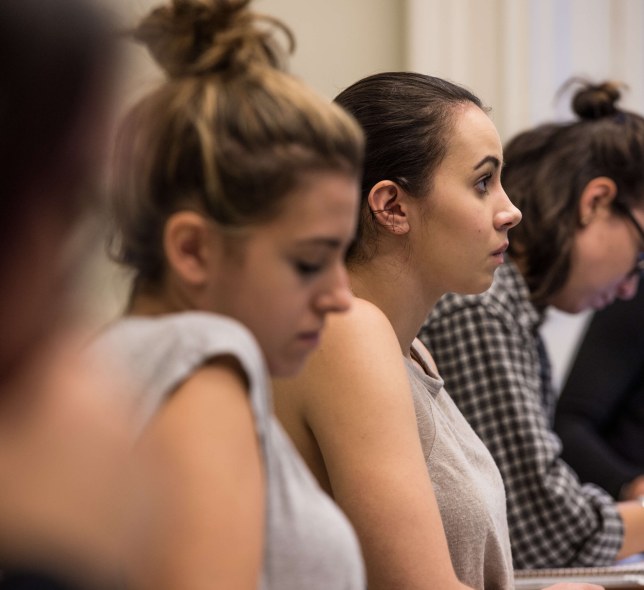In my work with students at LIM College, I have noted that social anxiety is extremely high among students today. This is not surprising given the impact of the pandemic, which had students sequestered at home with few in-person interactions. Social media has also contributed, making digital connections with others the rule and in-person connections rare.
As a result, many of today’s college students are struggling when it comes to starting relationships with other people. At times they seem paralyzed and unable to take even the simplest of steps, like saying hello to another student, complimenting them on their clothing, or asking questions about coursework. They are afraid of not being accepted and often imagine that everyone else is already set with friends and they are alone in their loneliness.
For parents and families who have the sense that their students are struggling to connect with others in college, consider these thoughts:
- It is important to stay neutral, approaching the topic without trying to fix things or to judge. Start by asking open-ended questions and listening to responses and then asking how the situation makes them feel. By giving students space to talk, family members can have a deeper understanding of what is going on.
- Before even starting college, it is good for family members to team up with their student and look at what clubs, organizations or activities are available, and help students make a plan to get involved in something even if they decide later to shift gears. It’s been shown that students who become a part of a community on campus are more likely to be successful academically than those who do not.
- Ask the student to think about setting some goals, such as making an effort to strike up a conversation with three students each week or to get involved in one club or activity within the month. If these goals sound too daunting, help them come up with three goals of their own and start with the goal that seems easiest to achieve or least anxiety-producing. Sometimes, a small campus such as LIM College is an easier environment to make friends, but with some effort, students can make connections with others anywhere.
- Know that for the vast majority of students, things do get better as time goes on. Families should expect that student experiences will ebb and flow over time at college, with lots of ups and downs. Growing into adulthood and doing well in college is not a linear progression of successes and working through challenges in friendships is one of many developmental tasks during the college years.
- Of course, if students appear to be in a lot of emotional pain, talk about overarching hopelessness, or remaining significantly distraught over a period of two weeks or more, it’s time to get help.
Students can reach out to the Office of Counseling Services to speak confidentially with a counselor. Family members can also schedule a consultation appointment for guidance on supporting their student and helping connect them to services.
Overall, being able to build and nurture relationships is an important part of developing identity and thriving into adulthood. Relationships have a protective effect. They help students buffer tough times and celebrate joyful ones. That’s worth cultivating!



